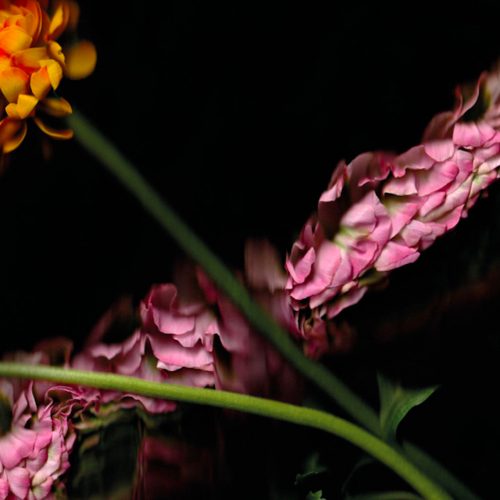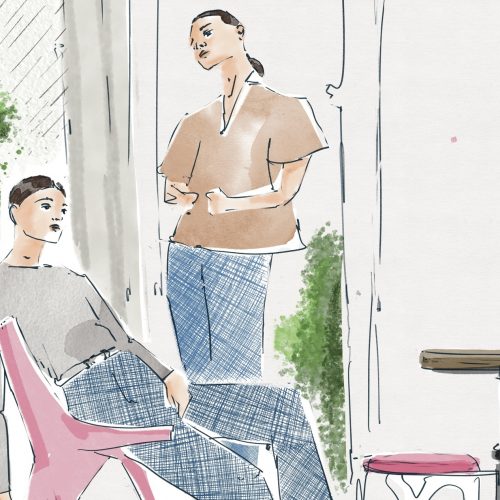How To Support The Local Community When Travelling
While prioritising eco-friendly practices remains essential, we should also consider how our interactions and activities affect the community we visit. We can make decisions that not only improve our current travel experiences but also ensure that future generations, including both tourists and residents, enjoy more sustainable and rewarding journeys. Choosing a hotel that actively contributes to the local community is a great first step. We have gathered some of the best examples to help you choose your next accommodation.
To receive the Luxiders newsletter, sign up here.
Tourism brings huge benefits to the local community by stimulating economic development, creating jobs and improvements in infrastructure. Many around the world depend directly on the tourism flows for their livelihoods. However, unsustainable actions can lead to overcrowding, cultural erosion, displacement, and residents feeling minimised or secluded. Depending on their practices, hotels play an important role in deciding whether tourism is beneficial or detrimental for the hosting community. Here, we explore sustainable hotels that are doing their part in keeping tourism on the positive side.
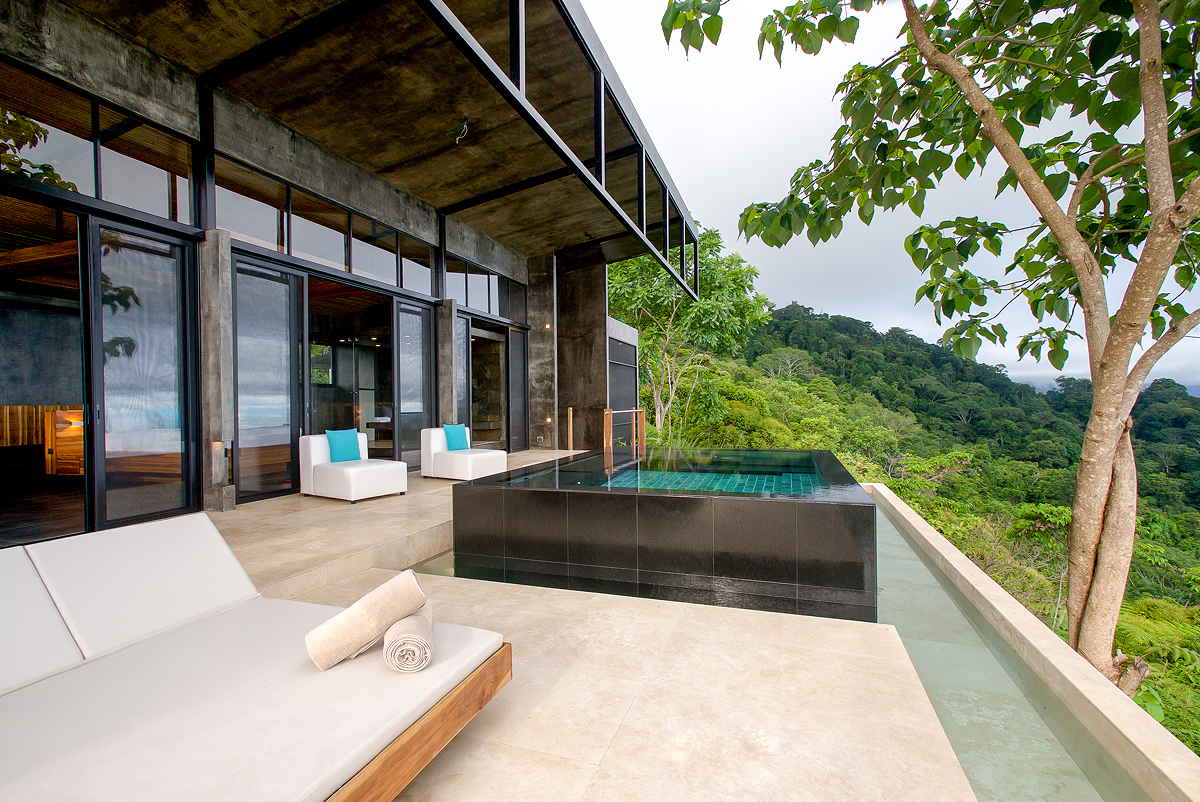
©Kura

©Kura
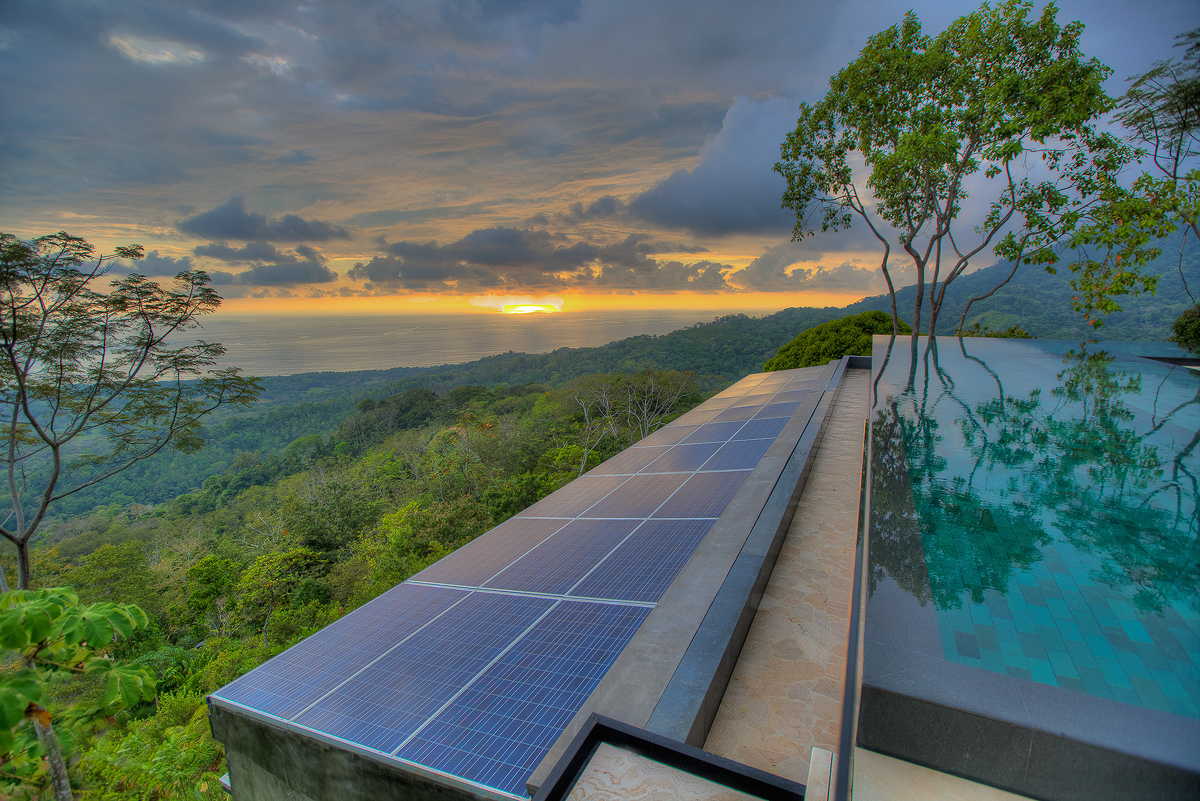
©Kura
HOTELS CONTRIBUTING TO THE LOCAL COMMUNITY
CAYUGA COLLECTION
Cayuga Collection aims to obtain the ultimate symbiosis of sustainability and luxury through small hotels, resorts, and lodges. They call their approach to sustainable tourism The Cayuga Way. It is a style that enhances the geographical character of a destination. In every location it operates, they strive to sustain and enhance the environment, culture, heritage, and the well-being of residents. Through inspiring and relaxing activities, Cayuga gives its visitors the chance to connect and learn from the community and environment they visit. Gardens at their locations are irrigated by reusing their wastewater purified via a biological, eco-friendly system.
Notably, their boutique hotel Kura, located deep into the Uvita rainforest in Costa Rica offers a perfect opportunity for those looking for an exclusive and secluded retreat. Forbes Magazine described it as the most glamorous romantic resort in Costa Rica. Kura believes that the concept of “local” is key to sustainable hospitality. The hotel hires and buys local, ensuring the well-being of the community and natural surroundings. Kura attempts to go that extra-mile to engage with the community. It works with a non-profit organisation to support a school in Uvita and is actively involved in cleaning the town in times of celebration. For further relaxation, we can visit their soothing spa that offers sumptuous, 100% Costa Rican products- some from local tribes-.
GROOTBOS
For those who want to blend in with nature, we recommend Grootbos Private Nature Reserve in South Africa. This natural haven encompasses 3500 hectares of wildlife thriving with biodiversity. Protecting the largest millenary milkwood forest, 100 endangered plant species, over 23 mammal species and the marine big five, it is the Western Cape’s best kept secret. Praised for its eco-tourism and luxury awards, is constantly researching, and innovating new ways to conserve the environment.
Grootbos vision is “conserving the Cape Floral Kingdom” and “uplifting the communities within”. The Grootbos Foundation benefits over 120,000 members from the community directly. It offers skills workshops to promote employability and supports working parents with early childhood development. It also helps guarantee food security and nutrition for members of the Gansbaai community. The foundation also fosters support through education. The Green Future College, helps disadvantaged members of the community obtain education, while promoting conservation of the region. The college offers nationally recognized accreditations in the Horticulture and Life Skills College, indigenous nursery program, clearing of alien species program, and indigenous tree planting projects.
Furthermore, the clean, spacious lodges and villas allow for complete relaxation and connection with the surrounding. Here, nature is the protagonist. The designs aim to complement the environment without compromising glamour. The experience will heighten the senses by the fragrant smell of fynbos, sunlight bathing the accommodations, the appreciation of wildlife and a culinary experience with organic food directly from the reserve. From the candlelight in baths, to the honey in the breakfast, Grootbos gets many of its products from small local businesses.
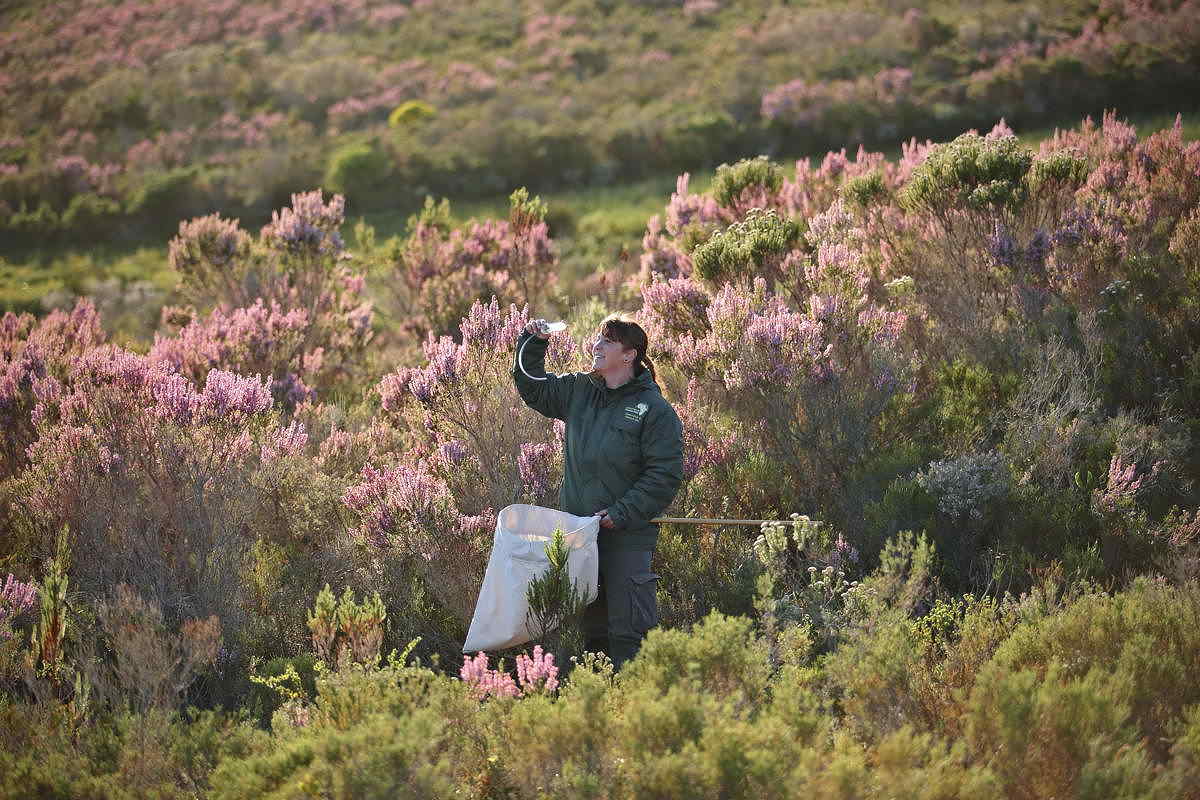
©Grootbos
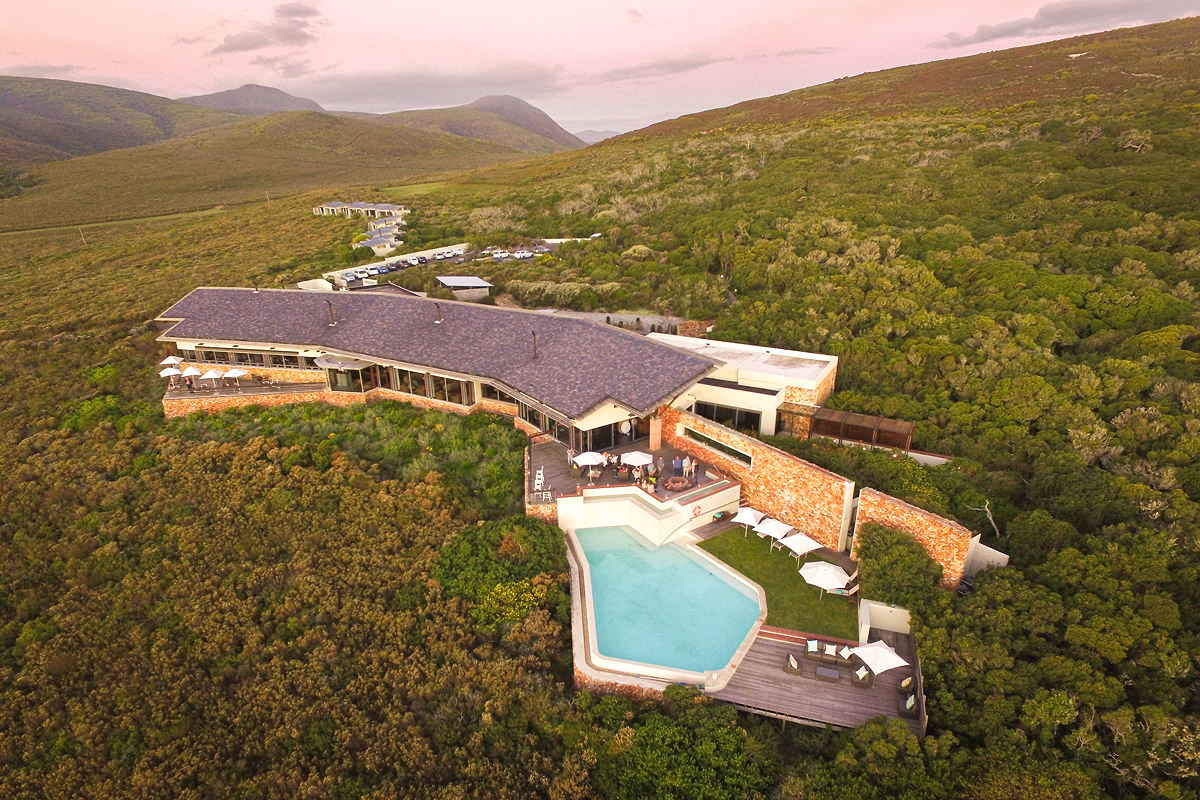
©Grootbos

©Grootbos
BANYAN TREE
The luxury hotel line was recognized by Earth Check, leading benchmark in sustainable travel, with a Silver Certification. Through the Seedlings program, Banyan Tree provides at-risk youth with education together with vocational and life skills. Moreover, the program empowers local communities by fostering a legacy of positive change and stewardship to value and protect what is rightfully theirs. The hotels want to improve people’s lives, providing pathways out of poverty, and supporting sustainable development.
Equally, cultural heritage is at Banyan Tree’s core. The hotels keep their efforts dynamic by identifying and solving context specific issues identified by the host community. Then, they promote the community and their culture by connecting travellers to the community, artisanal cooperatives, community impact projects and events.
Specifically, we recommend its multi-award location on the stunning coastline of Lăng Cô, Vietnam. It is strategically placed between the azure waters of the East Sea and the Truong Son Mountain range. Travelers can experience unspoiled nature and connect with ancient and modern history due to its proximity to three UNESCO World Heritage Sites. The luxurious hideaway banned single use plastics and is actively engaged in clean-up campaigns. The location also promotes reforestation through tree-planting events in the area. Visitors can relax in splendid, sunbathed villas to later join eco-friendly activities that encourage us to be responsible travellers.
SONEVA FUSHI
Soneva has various initiatives to contribute positively to the communities they operate in. Some projects are focused on the environment, like reforestation and coral propagation. Others work towards ending hunger and improving the lives of the disadvantaged. In this article, we will focus on the outstanding efforts at their first location in the Maldives, Soneva Fushi.
The resort is a luxurious oasis of serenity surrounded by the crystalline waters of the Indian Ocean. The eco-friendly villas blend seamlessly into the lush jungle and pristine beaches. Originating from their own organic garden, the farm-to-table culinary experience is something to remember. The guests can experience first hand the retreat’s dedication to preserving the ethereal natural environment.
Soneva Fushi believes in the importance of community collaboration to achieve sustainability goals. Through the Soneva Namoona initiative, the resort improves waste management and eliminates plastic pollution in the Maldives. The project wants to protect the community and ecosystem from the harmful practice of burning waste. The initiative offers education to empower children, establishes waste infrastructure for community members, and generates jobs in recycling programs. Soneva also provides the community with clean, drinkable water in reusable containers. Taking it a notch higher, the resort hosts recreational marine activities to connect with the community and foster love for the natural environment.
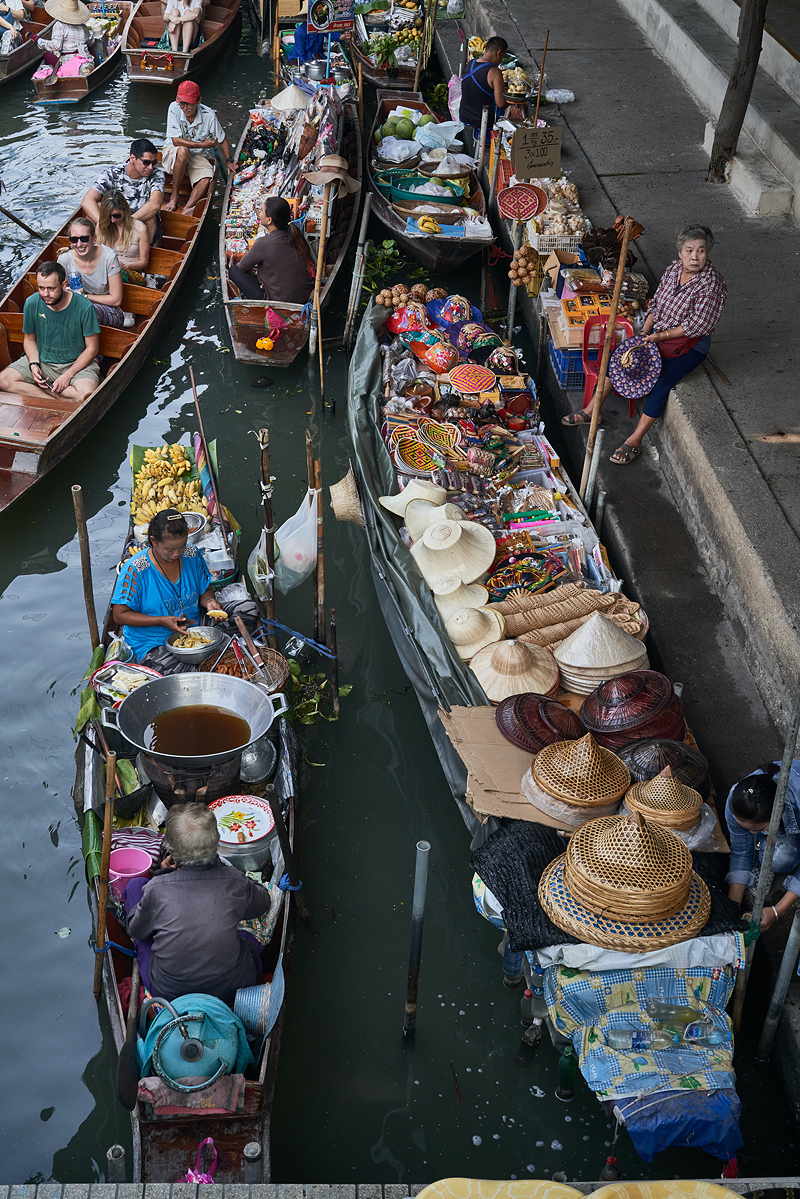
©Norbert Braun via Unsplash
MORE ENGAGEMENT WITH THE COMMUNITY
Finally, apart from choosing a good hotel, there are other changes we can implement in our next adventure. We can connect with the culinary traditions by choosing to eat at a local restaurant and looking out for the use of local and seasonal products. Buying local products can help preserve the craft and heritage of the location. There are many initiatives promoting community-based tourism or volunteering opportunities to stimulate sustainable development of the area. Some popular options are wildlife conservation programs, clean-up hikes, agriculture tourism, artisan workshops and cultural tours. If we explore further, we will encounter opportunities that will enrich our experience wherever we are.
Most importantly, it is important to educate ourselves and have cultural awareness to respect the host community and their traditions. Even just learning simple phrases can provoke a big smile.
+ Highlight Image:
©Marieke Weller via Unsplash
+ Words:
Francesco Witt
Luxiders Magazine



